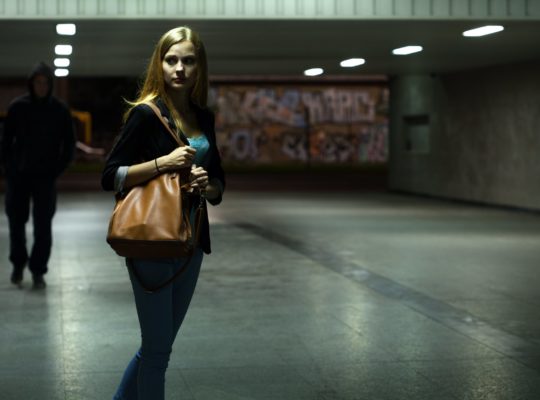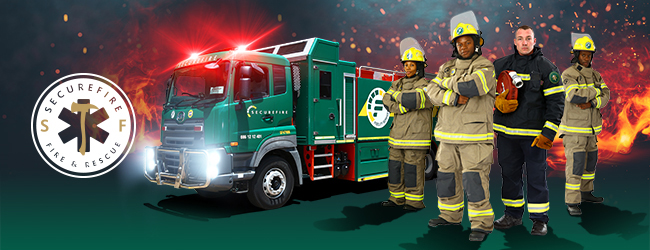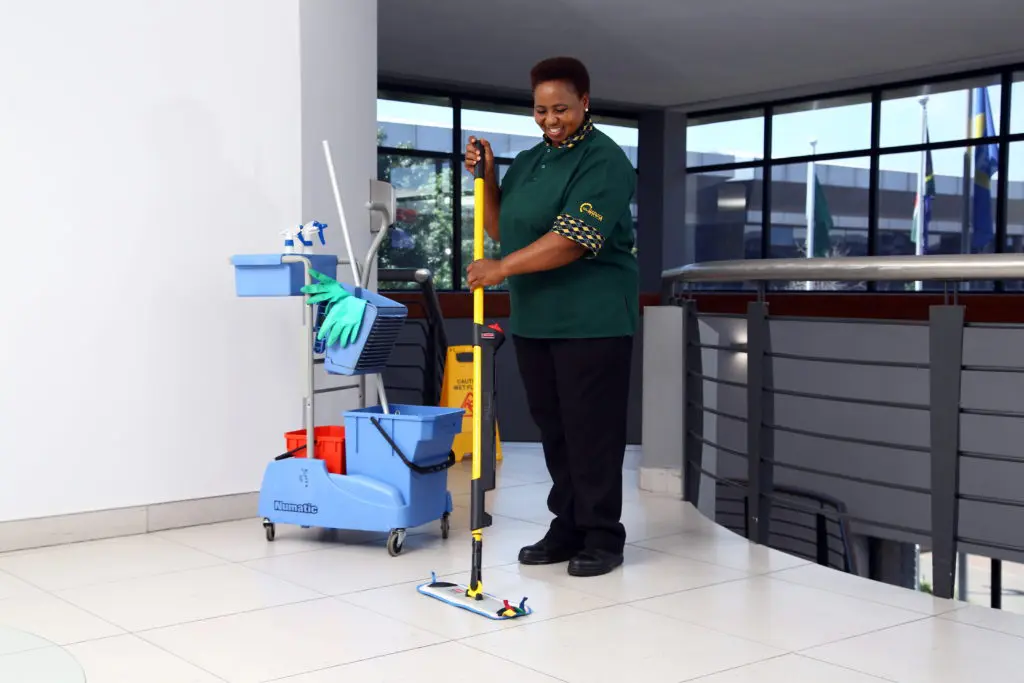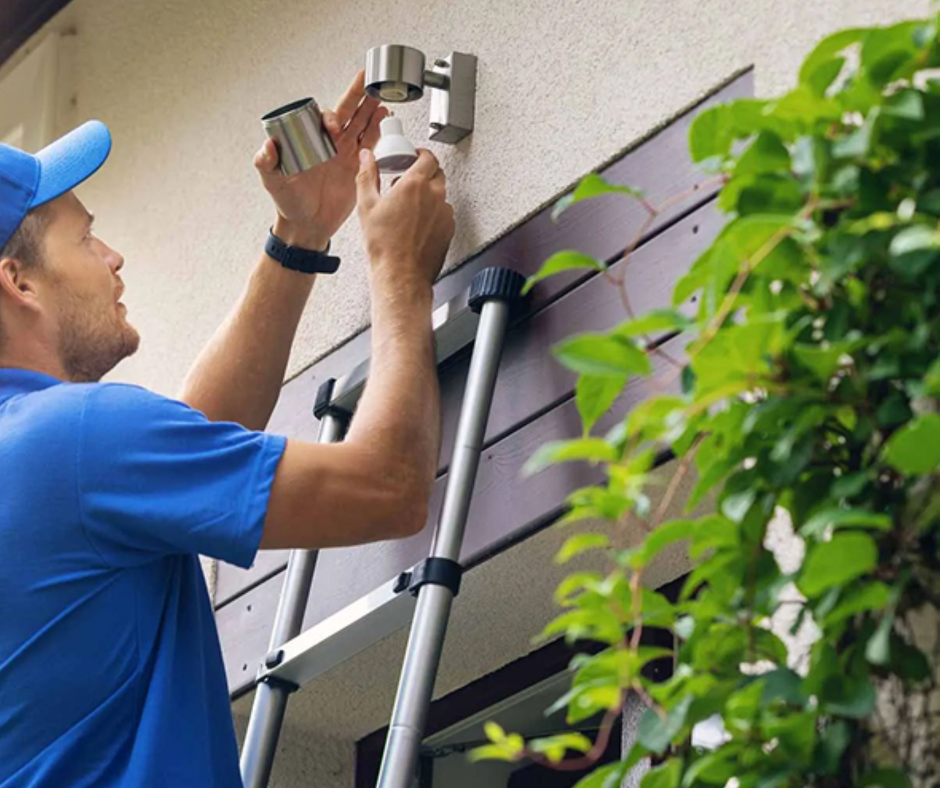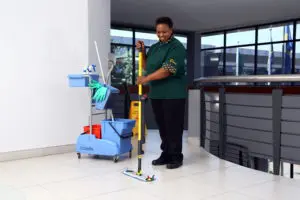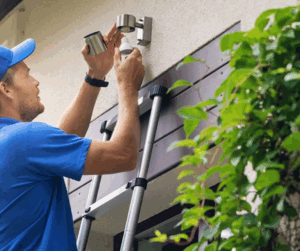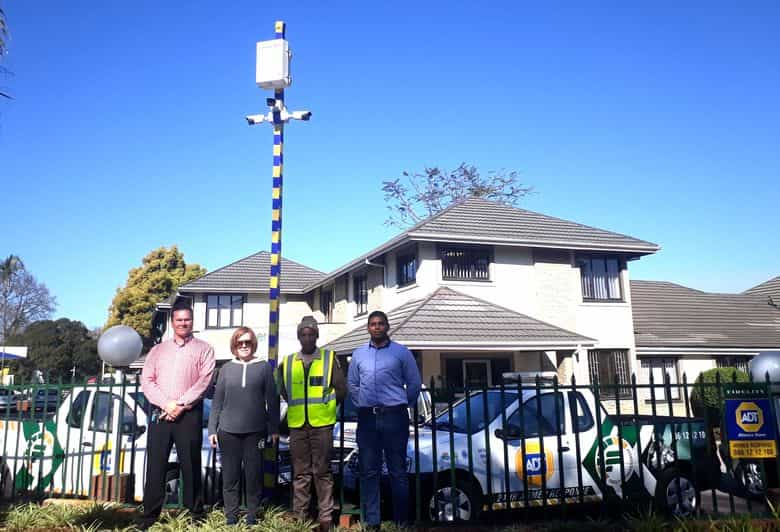Crime in South Africa is a reality, and anyone can become a victim. There are basic measures you can take to better protect yourself and the people you care about.
“Criminals are on the lookout for easy targets. If you come across as distracted or vulnerable, there is a real chance that criminals will consider you as an easy target. Crime is often opportunistic in nature, but this means you can do a few things to remove that opportunity,” says Charnel Hattingh, Head of Communications and Marketing at Fidelity ADT.
There are ten things, she says, that can leave you vulnerable to crime:
- Running out of fuel. Very high-risk areas are on the side of the highway – day or night – and on isolated roads. Criminals lurk in close proximity of highways and strike easily as they can get away again quickly and have no fear of motorists stopping to chase them. Always ensure you have enough fuel. Taking a chance when the gauge is low could cost you your life. If you do run out of fuel, immediately alert someone to your location and stay in the vehicle with the doors locked and the windows closed until help arrives.
- Carrying large amounts of cash. Criminals are often fed inside information and then follow customers who have a lot of money on them to and from banks. Transporting large amounts of cash is very risky, so avoid this wherever possible.
- Being unobservant when pulling up to your gate/into your driveway. Hijackings and armed robberies are seldom opportunistic. Criminals study people’s routines and then plan their crimes around this. If you have been targeted, you are extremely vulnerable at your gate and in your driveway. Always check for people or cars which look out of place when you turn into your street and don’t pull directly up to the gate before it is completely open. Stay in your car with the doors locked until the gate is closed. Carry a remote panic in your car.
- Flashing cash, expensive jewellery and your phone around. Opportunistic criminals are everywhere. Pricey jewellery, especially watches, is a criminal’s dream, and they are likely to stop at nothing to get that item off you. Keep your phone and money out of sight and leave expensive jewellery at home when you head to the shops.
- Opening the gate for strangers. Never open the gate to someone you don’t know, no matter what their story is. Criminals often pose as council workers or service providers and even as police officers. Be suspicious if you are not expecting anyone. Opening the gate to strangers is bound to not end well.
- Employing people to work for you without doing a background check. This is tantamount to giving a stranger access to your property and home. Only employ staff through a reputable agency or word of mouth, always conduct a criminal check on the person and request copies of their ID.
- Leaving doors and security gates unlocked. This leaves your entire family vulnerable. Security gates should always be locked, and the keys placed out of reach.
- Walking or sitting in your car in isolated areas. This is a scenario opportunistic criminals will take advantage of. The more isolated the area the more likely the crime can turn violent. Criminals hanging around isolated areas often operate in groups too.
- Driving with valuables in full view. There is a beggar on every street corner and many of them are simply there to look for an opportunity to smash a car window to steal something valuable. Your phone, handbag, wallet, and laptop must be always out of sight. The safest place is the boot.
- Not checking your car doors are locked before you walk away. Remote jamming is still commonplace, especially at shopping centres and garages. Always check – and double check – the car doors are locked before you walk away. It is not only the fact that criminals can otherwise get in and steal your valuables or your car, they could hide in your car too and wait for you to get back before forcing you to take them to an ATM to withdraw money, or worse.
Hattingh says she hopes these tips will make a real difference in people’s lives.
“At the same time, remember that there are many organisations and roleplayers that are ready to come to your aid when something goes wrong. Please keep the names and numbers of the stakeholders in your community saved on your phone,” says Hattingh.
She also recommends sharing these tips with friends and family.
“By sharing these tips, you can also help keep them safer. We can make South Africa a much safer place if we all take an active interest in safety and security efforts.”
